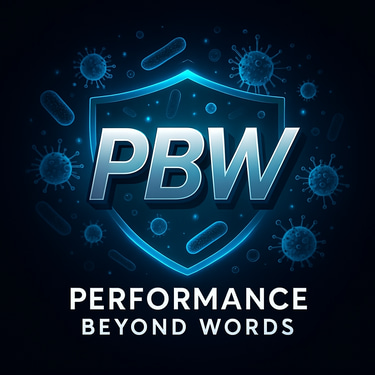Proprietary Enzymes Blend for Sugar syrup based distillery.
Sugar-syrup–based distilleries are again a different case compared to grains, molasses, or raw cane juice.
Feedstock here = refined sugar syrup (mostly sucrose, very pure, low impurities). That means little/no starch and very low levels of gums or suspended solids.
1) Key Features of Sugar Syrup Feedstock
High sucrose content (80–90% dry basis).
Very clean compared to molasses or juice → minimal impurities, color bodies, or dextrans.
Low nutrients (FAN, vitamins, trace minerals) → yeast stress and slow fermentation if not supplemented.
Microbial risk still present, especially lactic bacteria.
2) Proprietary Enzyme Blend — Typical Components
EnzymeFunctionWhy useful in sugar syrup fermentationInvertase (β-fructofuranosidase)Hydrolyzes sucrose → glucose + fructoseYeast ferments monosaccharides faster, prevents lag phase, ensures near-complete utilization of sucrose.ProteaseLiberates amino acids & peptidesImproves yeast nutrition when nitrogen sources are limited.Pectinase / DextranaseUsually not needed (since syrup is refined and low in gums/dextran)May be added if syrup is raw/unrefined with carryover impurities.Cellulase / HemicellulaseNot usually requiredSugar syrup lacks fiber.Glucose oxidase / CatalaseSometimes addedControls microbial contamination, improves fermentation stability.
👉 In practice, Invertase + Protease (+ nutrient adjuncts) form the core proprietary blend for sugar-syrup distilleries.
3) Typical Performance Benefits
Faster start & higher ethanol yield (1–2% gain) due to rapid sucrose hydrolysis.
Reduced residual sugars in fermented wash.
Healthier yeast from protease + added FAN sources.
Lower fermentation time by ~8–12 hours depending on plant setup.
4) Application Strategy
Pre-fermentation hydrolysis: Dose invertase into sugar syrup tank → ensures sucrose is converted before/during fermentation.
Fermentation: Add protease + nutrients (urea, ammonium salts, zinc, vitamins) along with yeast.
Contamination control: If needed, low-dose antimicrobial program (antibiotic like virginiamycin or enzyme-based biocontrol).
✅ Bottom line:
A proprietary enzyme blend for sugar-syrup distilleries is simpler than for molasses/cane juice.
It is usually Invertase + Protease + Nutrient adjuncts, with optional antimicrobial or oxidative enzymes depending on contamination risk.
SERVING GLOBALLY
Brazil | UAE | India | Europe | Argentina | Bangladesh | Malaysia | Indonesia | Afghanistan | Ecuador | Moldova | Turkey | Philippines | Algeria | Romania | Thailand | Vietnam | Nepal | Mexico | Honduras | Georgia | Venezuela | Peru | Spain | Tanzania | Columbia | Azerbaijan | Australia | Austria | Belgium | Canada | Czech Republic | Denmark | Finland | France | Germany | Greece | Hong Kong | Hungary | Iceland | Ireland | Israel | Italy | Japan | Korea | Luxembourg | Malaysia | Netherlands | New Zealand | Norway | Poland | Qatar | Romania | Singapore | Spain | Sweden | Switzerland | Taiwan | Turkey | United Kingdom | United States
CALL / WHATSAPP +55 11 97038-7347


INDIA-CALL / WHATSAPP 01169310523

